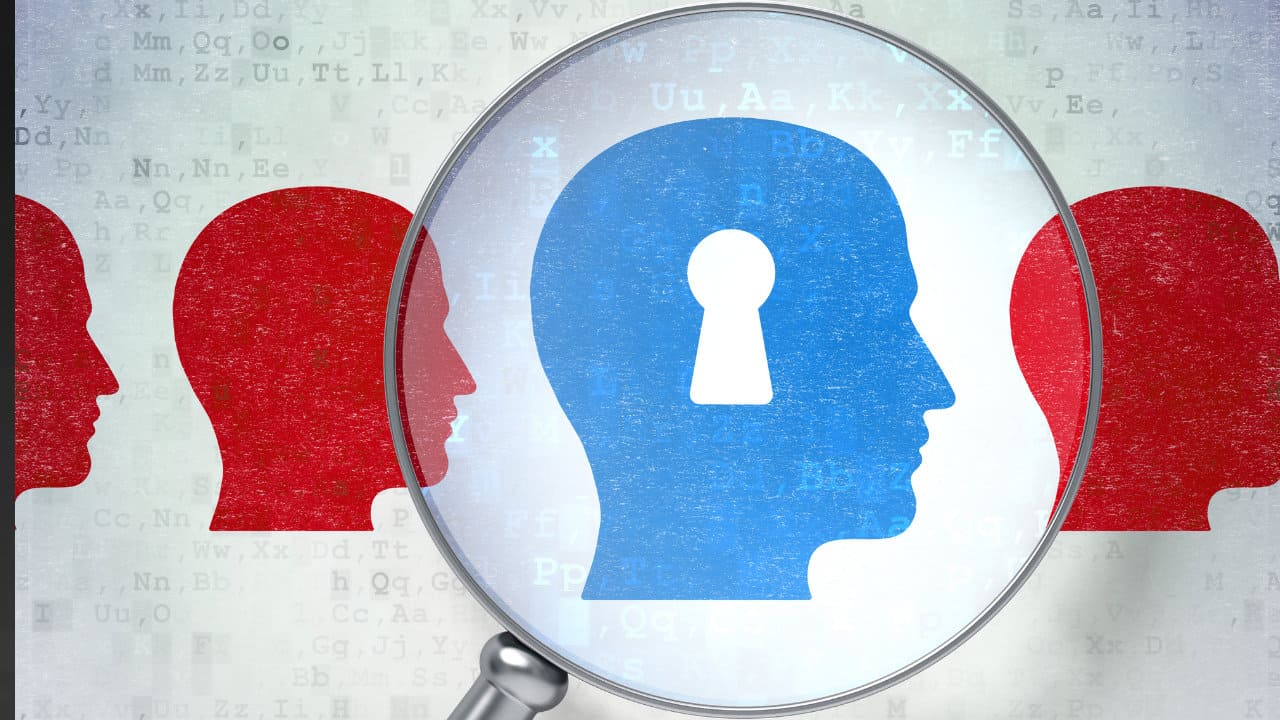In the ever-evolving world of digital marketing, the ability to understand and leverage psychological triggers is a game-changer. These triggers can propel your business to new heights, increasing conversions, boosting sales, and driving substantial growth. In this article, we’ll delve into 10 psychological triggers that can work wonders for your marketing strategy.
Scarcity:
Scarcity taps into the fear of missing out (FOMO). Limited-time offers, low stock notifications, or exclusive deals can drive quick decisions and conversions. People are more likely to act when they perceive something as rare or time-sensitive.
Urgency:
Similar to scarcity, urgency creates a sense of immediate necessity. Countdown timers, flash sales, and last-chance reminders push potential customers to make quicker buying decisions, thereby increasing sales.
Social Proof:
People tend to follow the crowd. Customer reviews, ratings, and testimonials can establish credibility and trust, making it more likely for visitors to convert. Showcase positive experiences to boost conversions and growth.
Reciprocity:
The principle of reciprocity suggests that when you give something valuable to your audience, they’re more inclined to reciprocate. Offering free resources, trials, or samples can build goodwill and encourage conversions.
Emotional Appeal:
Emotions drive decisions. Crafting content that resonates with your audience’s emotions can create a strong connection and increase the likelihood of conversions. Use storytelling to evoke feelings and build trust.
Anchoring:
Anchoring involves setting a high initial price or value, making subsequent offers seem more attractive. Show the original price before revealing a discounted one to make the deal appear more appealing.
Authority:
People trust experts. Positioning your brand or product as an authority in your niche through thought leadership, endorsements, or expert endorsements can boost credibility and drive conversions.
Consistency and Commitment:
Encourage small commitments first, like signing up for a newsletter or a free trial. Once someone commits, they’re more likely to follow through with larger actions, like making a purchase.
Loss Aversion:
Humans are more averse to loss than they are inclined towards gain. Highlight what your audience stands to lose by not taking action. This approach can motivate conversions by triggering the fear of missing out.
Personalization:
Tailoring your marketing messages to individual preferences and behaviors can create a more personalized experience. Personalization can make customers feel valued and understood, leading to higher conversion rates.
Incorporating these psychological triggers into your marketing strategy can work wonders for your business. However, it’s important to use them ethically and genuinely to build long-lasting relationships with your customers. Understanding your audience and testing different approaches will help you determine which triggers are most effective for your specific business and industry.
In conclusion, mastering these psychological triggers can lead to mind-blowing conversions, increased sales, and substantial growth for your business. By leveraging these principles ethically and effectively, you can create a marketing strategy that resonates with your audience on a deep psychological level, ultimately driving success in the digital landscape.
